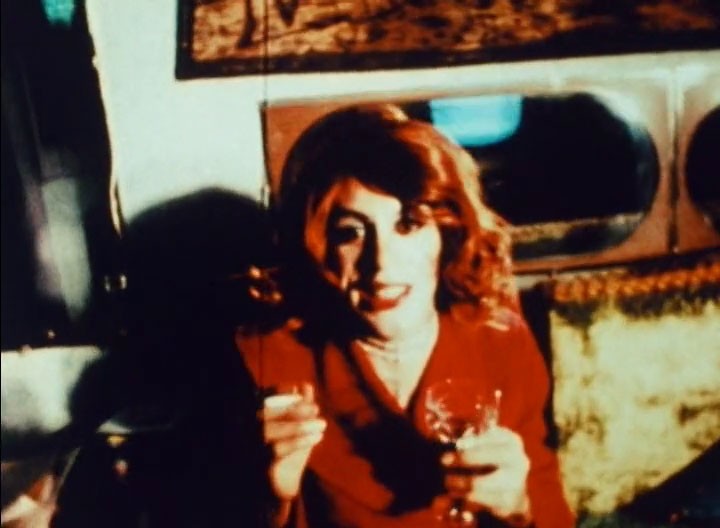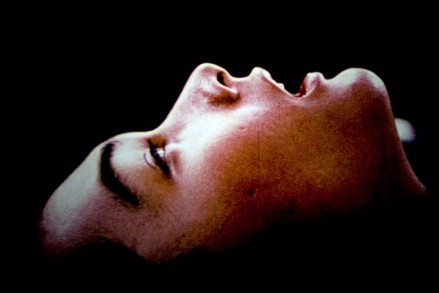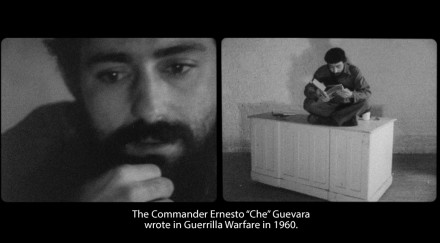
Films
- Read More
 Experimental
ExperimentalLupe
José Rodriguez-Soltero16mm, color, sound, 49.5 minRental formats: 16mm, Digital file, DVD NTSC - Read More
 Experimental
ExperimentalJerovi
José Rodriguez-Soltero16mm, color, silent, 11.5 minRental format: 16mm - Read More
 Experimental
ExperimentalDialogue with Che
José Rodriguez-Soltero16mm, black and white, sound, 53 minRental formats: 16mm, Digital file, DVD NTSC
Biography
José Rodríguez Soltero was born in Santurce, Puerto Rico, in 1943, and studied at the University of Puerto Rico, at the Sorbonne, in Paris, and later on at San Francisco State University, before moving to New York in 1965. He first became known in experimental film circles for his early titles El Pecado Original (1964) and Jerovi (1965), a film portrait of his friend Jeroví Sansón Carrasco, who commissioned the work.
His main achievement was probably the luscious Life, Death and Assumption of Lupe Velez (aka Lupe), a poignant and hilarious recreation of the life of the Mexican spitfire in a style that recalls the Kuchar brothers and Kenneth Anger, yet still manages to be uniquely personal. The film stars Mario Montez (it was Mario's favorite film and José, his favorite director) and the performers of the Ridiculous Theatrical Company. Charles Ludlman plays a predatory lesbian out to get Lupe; Lola Pashalinski is Lupe's maid; and Bill Vehr is occasionally visible in the background of the action.
After Lupe, José's work took a political direction. In the Spring of 1968, he put on political happening at the Gate Theater, on St Mark's Place, during which he famously burned an American flag, bringing about the closing of the venue. Later in the year, he made Dialogue with Ché (1968) a two-screen work on the significance of the Latin American revolutionary starring Venezuelan artist Roland Peña as Ché and Taylor Mead as a highly improbable CIA agent. The film was partly underwritten by Andy Warhol, who gave José a check to cover lab fees. Dialogue was seldom shown in the States--it is entirely in Spanish--but had some life in the European screens at the time. It had a modest run at the Cinematheque Francaise, championed by Marie Meerson and Henri Langlois, and played at the Berlin Film Festival in 1969.
After Dialogue, José made newsreels with the Puerto Rican collective Young Lords and some video for the United Nations Committee on De-Colonization.